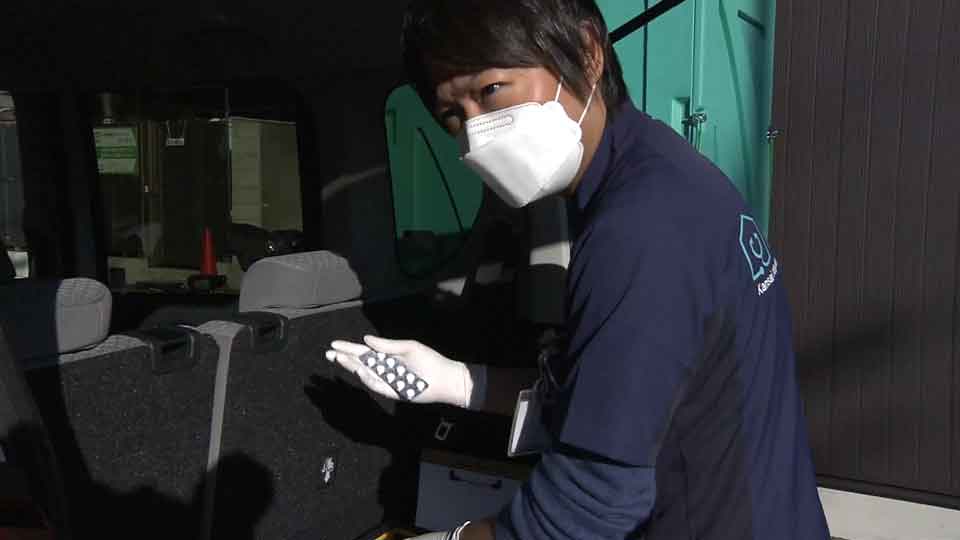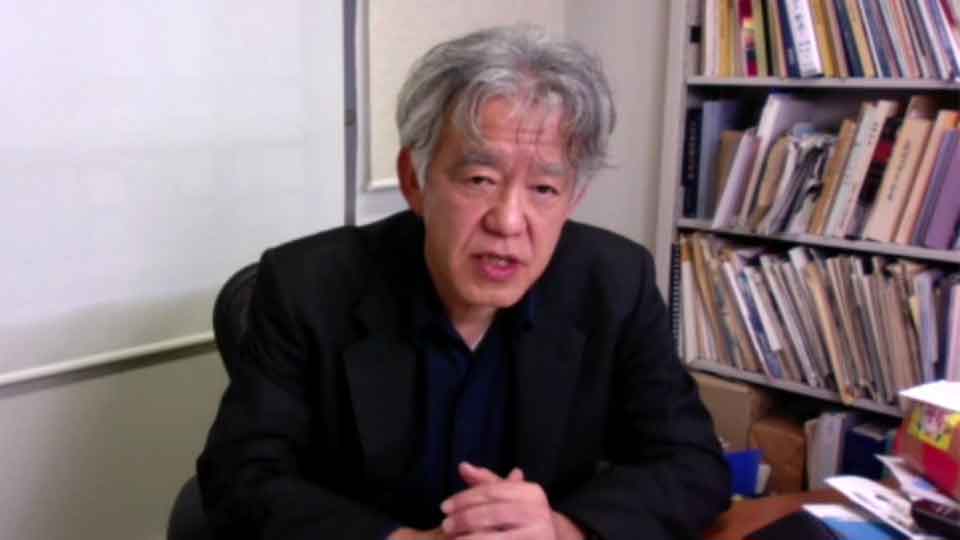Doctor Kobayashi Masanori says his Osaka clinic has recently been flooded with calls from people with COVID-19 whose symptoms are getting worse, and he's worried the hospitals will soon be overwhelmed.
“If the number of COVID cases soars, patients with less critical symptoms could take up the beds that should be reserved for critical patients,” he says.

Growing strain on medical facilities
Kobayashi isn’t the only expert worried about the healthcare system.
Professor Yamamoto Taro, an infectious disease expert with Nagasaki University, believes the situation is getting serious: “At the peak here, we could reach 200,000 cases in a single day. That would have a major impact on the healthcare system.”
In fact, the system is already starting to show signs of strain. This week, the occupancy rate of Tokyo’s hospital beds topped 20 percent. That’s the threshold the government has set for considering the introduction of quasi-emergency measures.

Yamamoto says things could escalate fast and there could soon be a shortage of medical staff. He says the government needs to introduce more flexible anti-infection measures to ensure hospitals can keep running.
“They need to allow healthcare workers to stay on the job even if they’ve had close contact with someone infected, as long as they test negative,” he says.
Omicron across the globe
Yamamoto is watching other countries to see what might be in store for Japan. Last week, the World Health Organization warned the variant could infect half of Europe’s population in the coming weeks.
Countries such as Britain and the US have seen thousands of medical staff infected and unable to work. But Yamamoto says there is some cause for optimism.
“The number of infected cases is increasing rapidly in some places abroad,” he says. “But there are signs the spread of the disease has peaked there and we will see cases decline from now.”
Yamamoto says the government may need to introduce stricter controls, including a state of emergency if the latest measures prove ineffective, to ensure the Omicron variant doesn’t ravage the healthcare system here the way it has overseas.

